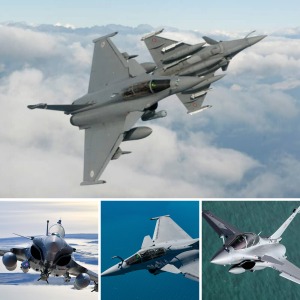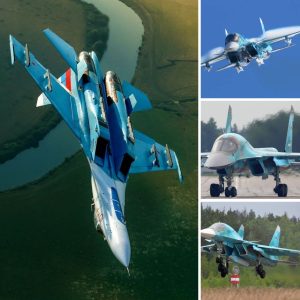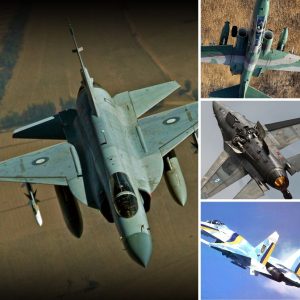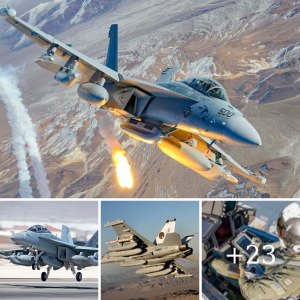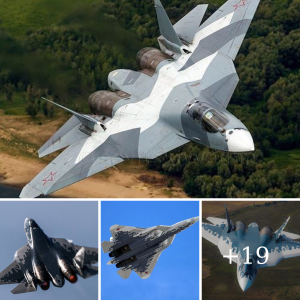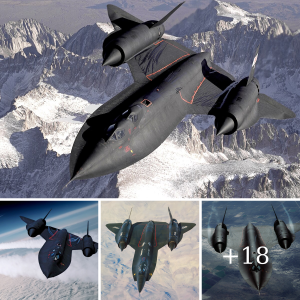In a significant development that underscores the deepening military cooperation between Russia and China, the two countries are poised to finalize a major arms deal involving the supply of 24 Sukhoi Su-35 fighter jets to the Chinese Air Force. This agreement marks a pivotal moment in the defense relationship between the two global powers, enhancing China’s aerial capabilities while bolstering Russia’s position in the international arms market.
Strategic Partnership in Defense
The deal, valued at an estimated $2 billion, signifies a strategic partnership aimed at strengthening the military capabilities of both nations. For China, the acquisition of the Su-35 jets represents a significant boost to its air force, providing advanced technological capabilities that will enhance its combat readiness and operational flexibility.
The Su-35 is renowned for its exceptional maneuverability, advanced avionics, and powerful AL-41F1S engines, which allow it to achieve speeds of up to Mach 2.25. Equipped with state-of-the-art radar and electronic warfare systems, the Su-35 can detect, track, and engage multiple targets simultaneously, making it a formidable asset in both air-to-air and air-to-ground combat scenarios.
Enhancing China’s Air Power
China’s decision to procure the Su-35 is driven by its ambition to modernize its military forces and maintain a competitive edge in the region. The Su-35’s advanced features and capabilities will complement China’s existing fleet of fighter jets, providing enhanced performance and versatility.
The acquisition of these jets is also seen as a strategic move to counterbalance the growing military presence of other regional powers. With the Su-35, China aims to strengthen its air defense capabilities, ensuring it can effectively respond to any potential threats in the region.
Economic and Political Implications
For Russia, the deal is a significant economic and political victory. As one of the world’s leading arms exporters, Russia’s defense industry stands to benefit immensely from this transaction. The $2 billion deal will provide a substantial boost to Russia’s economy, supporting jobs and technological advancements within its defense sector.
Politically, the agreement reinforces Russia’s influence in global arms trade and highlights its ability to forge strong defense partnerships with key international players. The successful negotiation of this deal demonstrates Russia’s commitment to expanding its military cooperation with China, a move that could have far-reaching implications for the balance of power in the Asia-Pacific region.
Broader Geopolitical Context
The Russia-China arms deal comes at a time of shifting geopolitical dynamics and increasing tensions in various parts of the world. Both countries have faced scrutiny and pressure from Western nations, particularly the United States, regarding their military activities and strategic intentions.
By strengthening their defense ties through the Su-35 deal, Russia and China are sending a clear signal of their intent to collaborate closely in safeguarding their national interests. This partnership could potentially influence the geopolitical landscape, prompting other nations to reconsider their defense strategies and alliances.
Looking Ahead
As Russia and China prepare to finalize the Su-35 fighter jet deal, the world will be watching closely to see how this development unfolds. The successful implementation of this agreement will not only enhance China’s military capabilities but also solidify the growing defense partnership between these two major powers.
In the broader context, the deal highlights the evolving nature of international relations and the importance of strategic defense cooperation in maintaining global security and stability. As Russia and China continue to collaborate on various fronts, their partnership could shape the future of military alliances and power dynamics in the 21st century.
